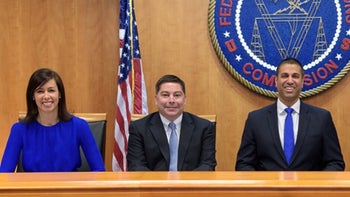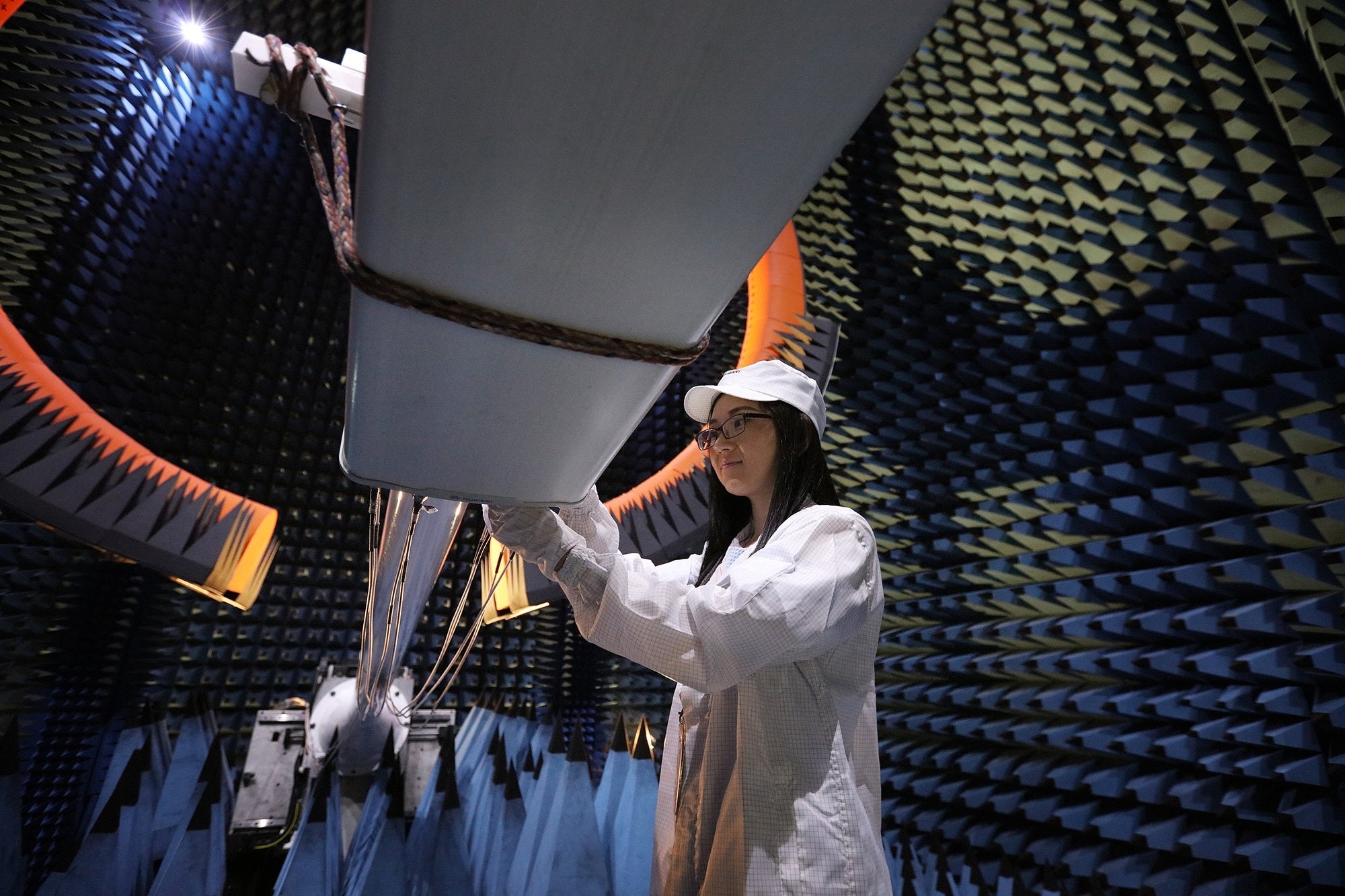FCC bans purchase of Huawei, ZTE equipment for subsidized wireless networks

Managed by the FCC, the Universal Service Fund (USF) collects fees charged to telecom companies quarterly and disburses $8.5 billion a year. Of course, most of these companies pass the charge along to consumers to pay each month. So what is this money used for, you ask? It is disbursed to help everyone in the U.S. gain access to telecommunication services. Among the beneficiaries of the fund are Americans living in rural areas that would otherwise be unable to access the internet. On Friday, the FCC voted (via ArsTechnica) to ban the USF from purchasing equipment made by Huawei and ZTE from certain projects paid for by the fund.
The ban deals with networks that have yet to be built, but the regulatory agency is currently in the process of receiving public comments on a proposal that would force carriers to remove any Huawei or ZTE networking equipment found in networks already built. But as pointed out by FCC commissioner Geoffrey Starks (one of two Democrats sitting on the five-member panel), wireless operators in rural areas already are using Huawei and ZTE networking gear for their 3G and 4G networks and will need help from the government to replace it. The commissioner says, "These carriers are made up of hard-working men and women that serve hard-to-reach communities that the major carriers can't or won't serve, operating with small teams and tight budgets."
Yesterday's action by the FCC will also prevent small, rural carriers from using USF funds to service the existing Huawei and ZTE equipment already in place. While the agency tries to figure out what will be allowed in this situation, FCC Chairman Ajit Pai said that these wireless operators are being asked to submit information to the commission that details all of the Huawei and ZTE equipment currently in use, and provide estimates of how much it would cost to remove and replace such gear. The FCC itself has already figured out that it will cost $1.89 billion to do this work, which would take two years to complete.

Huawei is the largest global provider of networking equipment
Huawei and ZTE are considered national security threats in the U.S. because of a law in China that would allow the Chinese government to demand that the companies gather intelligence for its behalf. As a result, U.S. lawmakers are concerned that phones and equipment produced by the pair contain backdoors that spy on American corporations and consumers and sent that data to Beijing. Both manufacturers have steadfastly denied these allegations numerous times. This is also the reason why Huawei was placed on the U.S. Commerce Department's Entity List in May preventing it from accessing its U.S. supply chain.
ZTE also was banned from its U.S. supply chain last year after it failed to comply with Commerce Department punishments imposed on it. The company had violated U.S. economic sanctions by doing business with North Korea and Iran. The U.S. export ban severely crippled ZTE, which was the fourth-largest shipper of smartphones to the U.S. before the ban. President Donald Trump, trying to curry favor with Chinese President Xi Jinping, pushed the Commerce Department to reach a deal with ZTE. The latter paid the U.S. $1 billion, placed $400 million in escrow (to cover future violations), revamped its Board, removed certain executives, and agreed to allow the U.S. to monitor these changes.

By the end of this year, ZTE will have over 100,000 5G base stations deployed globally
The FCC voted 5-0 in favor of the ban, which will take effect within the next 31 days unless Huawei and ZTE challenge it. In that case, it could take as long as 120 days for the ban to begin. While all five members of the commission agreed to the new rules, commissioner Jessica Rosenworcel, a Democrat, had some concerns. She wondered whether the Trump administration would "undermine" the ruling as it did with the ban on ZTE. She said, "When the United States government pursues action against Huawei or ZTE, its objective should be security. But in Washington right now, I fear these issues can easily get swept up into broader trade matters. Despite our actions today, we have to grapple with the fact that at any moment the administration could trade away our security objectives for some momentary advantage in bilateral trade negotiations. I hope that does not occur, but let's be honest, it has happened before, when this administration reversed course on banning ZTE from doing business in the United States. If it happens again, it will have serious consequences for our credibility."
Huawei is the world's largest supplier of networking equipment with a 28% market share while ZTE is the fourth largest global provider.













Things that are NOT allowed: